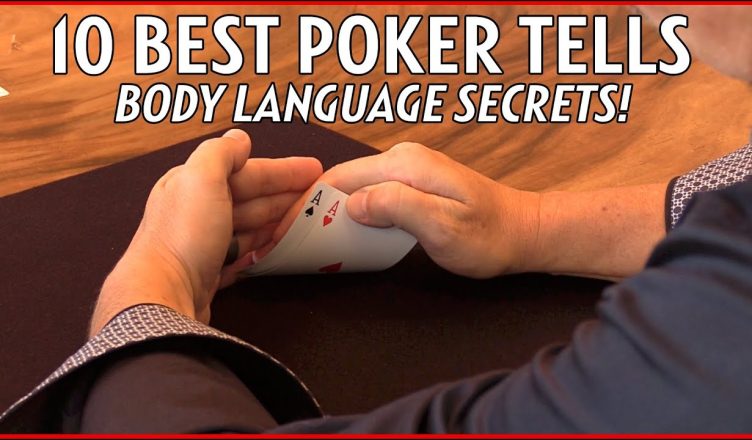Poker isn’t just about the cards—it’s a mind game. The best players read opponents like open books, spotting tiny poker tells that reveal weakness, strength, or outright bluffing. Here’s how to decode—and exploit—these psychological leaks.
What Are Poker Tells?
A tell is any unconscious behavior that gives away a player’s hand. It could be a shaky hand, a sudden breath-hold, or even over-the-top confidence. Think of it as body language whispering secrets across the table.
Common Physical Tells
Let’s break down the classics—the ones even amateurs leak:
- The Stare-Down: Overly direct eye contact often masks bluffing. It’s like a toddler insisting they didn’t eat the cookie—with crumbs on their chin.
- Hand Tremors: Shaking hands usually mean adrenaline… and a monster hand. But some players shake when bluffing too. Context is key.
- Shoulder Slump: A sudden droop? They’re likely disappointed—weak hand alert.
Verbal Tells (The Hidden Goldmine)
Words betray players more than they realize:
- Over-Explaining: “I’ll just call… I mean, unless you—” Stop. They’re unsure, probably holding marginal cards.
- Sudden Chatter: Nervous rambling? They’re filling silence to distract from a bluff.
- Forced Calm: “Nice hand” through gritted teeth? They’re tilted—and ripe for exploitation.
How to Exploit Tells Like a Pro
Spotting tells is step one. Exploiting them is where the money’s made. Here’s the playbook:
1. Establish a Baseline
First, observe opponents when they’re relaxed. How do they act with strong hands vs. weak ones? Without a baseline, you’re guessing.
2. Timing Tells Matter
Instant calls often mean draws or mid-strength hands. Long pauses? They’re calculating—maybe bluffing, maybe nuts. Track patterns.
3. Reverse Psychology
Some players fake tells to mislead. If someone suddenly acts “nervous” when they’re usually stoic—they might want you to fold. Trust your gut.
The Meta Game: Avoiding Your Own Tells
While hunting tells, don’t become the prey. Here’s how to stay unreadable:
- Consistent Routine: Same posture, same bet timing—whether you’ve got aces or air.
- Mask Emotions: Lost a big pot? Smile. Won? Smile. Poker face isn’t just a face—it’s a full-body act.
- Fake Tells Sparingly: Only seasoned players should feed false tells. Otherwise, it backfires.
Honestly, the best players mix it up—keeping opponents second-guessing until the river card drops.
Final Thought: Tells Are Clues, Not Crystal Balls
Tells add flavor to poker’s psychology, but they’re one piece of the puzzle. Combine them with betting patterns, position, and odds—and you’ve got a real edge. Or, you know, just wear sunglasses indoors and chew gum aggressively. That works too.

